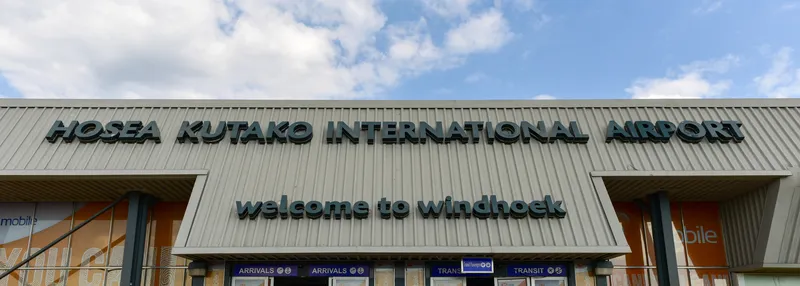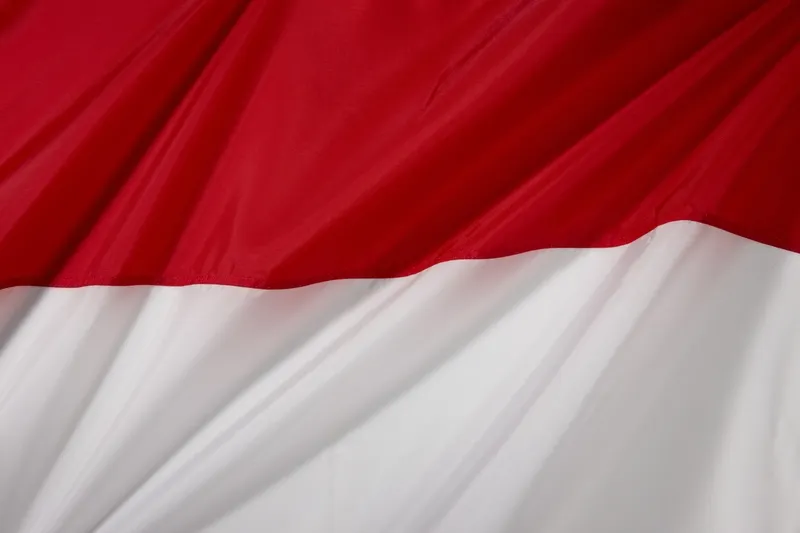The authorities in Mozambique are evaluating tenders for two key road concessions, worth a total of US$700 million.
February 10, 2012
Read time: 1 min
The authorities in Mozambique are evaluating tenders for two key road concessions, worth a total of US$700 million. The first tender is for the 470km N1 road between capital Maputo and Maxixe and the concession will be for the operation and maintenance of this link. The second tender is for the N6 and N7 roads, with the deal again including operation and maintenance. An alliance formed by Portuguese construction firm, 1329 Edifer, and engineering firm, 1330 Tecnovia, has been prequalified to compete for the two road concessions.









